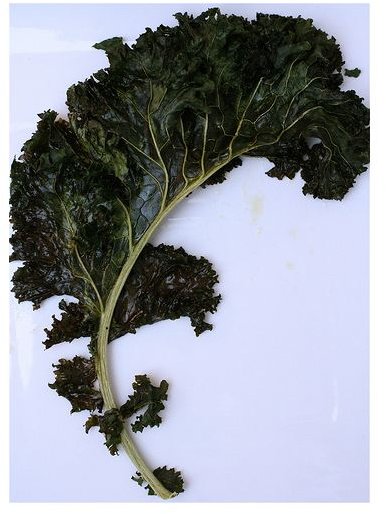Beyond Calcium and Bone Health: Other Necessary Vitamins and Minerals for Bone Health
Calcium Is King
The health community has been broadcasting the benefits of calcium for bone health for years, attempting to improve people’s awareness of the dangers of a calcium deficiency, from joint problems to osteoporosis. This mineral is in fact vital for the formation of strong bones and teeth. Nearly one hundred percent of calcium found in the body is stored within these hard tissues.
As the body ages, it no longer increases in bone mass. This is why it is so important to consume enough calcium during youth to reach the highest possible genetic potential for bone density, and in adulthood, as skeletal mass first stops increasing, and then eventually begins to decline. All the while, the body takes calcium from the bones and teeth when this mineral is necessary for other functions, such as maintaining a normal heart beat, and proper nerve and muscle action.
Simply consuming enough calcium is only a part of the puzzle. Other vitamins and minerals for bone health are necessary as well, some to help to body utilize calcium, and others to contribute to bone health in other ways.
Important Vitamins
Vitamin D is just as essential for bone health as calcium as it is necessary to absorb and utilize calcium. Without enough of this vitamin, only a portion of calcium is absorbed. Also, bone and muscle cells require vitamin D for proper function; a pain or weakness of bone and muscle could be a sign of a deficiency. Simply going outside and getting ten or fifteen minutes of sun a day is one of the best sources of vitamin D. Food sources include fortified milk, eggs, oatmeal, and salmon.
Another crucial vitamin for bone health is vitamin K. Well known for blood clotting, this essential nutrient is needed for the synthesis of osteocalcin — the protein found in bone which calcium crystallizes on. Therefore, vitamin K helps to anchor calcium in bone tissue. Kale, spinach, and asparagus are all excellent sources of vitamin K.
Important Minerals

A part of numerous bodily functions, magnesium is one of the necessary minerals for bone health aside from calcium. In fact, magnesium helps the body take in calcium and it encourages the production of a hormone known as calcitonin, which helps to preserve bone tissue.
Magnesium and calcium balance and complement one another. An excess of calcium leads to a loss of magnesium; insufficient magnesium leads to calcium deposits in soft tissue, which can cause problems such as arthritis and kidney stones. Where 99% of calcium in the body is found within the teeth and bones, 60% of magnesium is. Like calcium, the body withdraws magnesium from bones when it is needed for activity. It is therefore always important to make sure the body has plenty of magnesium to reserve enough of the mineral for bone health. Magnesium is found in dairy, fish, meat, soy, bananas, avocados, brown rice, and cantaloupe, as well as many other whole foods.
Silica is another one of the important minerals for bone health. This nutrient is found in the collagen of bone, as well as the connective tissue of the skin, hair, and nails. There is evidence that silica supplements are useful in increasing bone collagen, therefore strengthening bones. This mineral also binds with calcium in bone-building cells, making it necessary for proper calcium absorption during the beginning of bone formation. Oats, brown rice, cucumber, and soy are good sources of silica.
Calcium is undoubtedly vital for healthy bones, but vitamins D and K, magnesium and silica are as well.
Sources:
Balch, Phyllis A. " Prescription for Nutritional Healing." Fourth Edition (Penguin Books, 2006).
photo credit: TheBittenWord
photo credit: Montage Man
